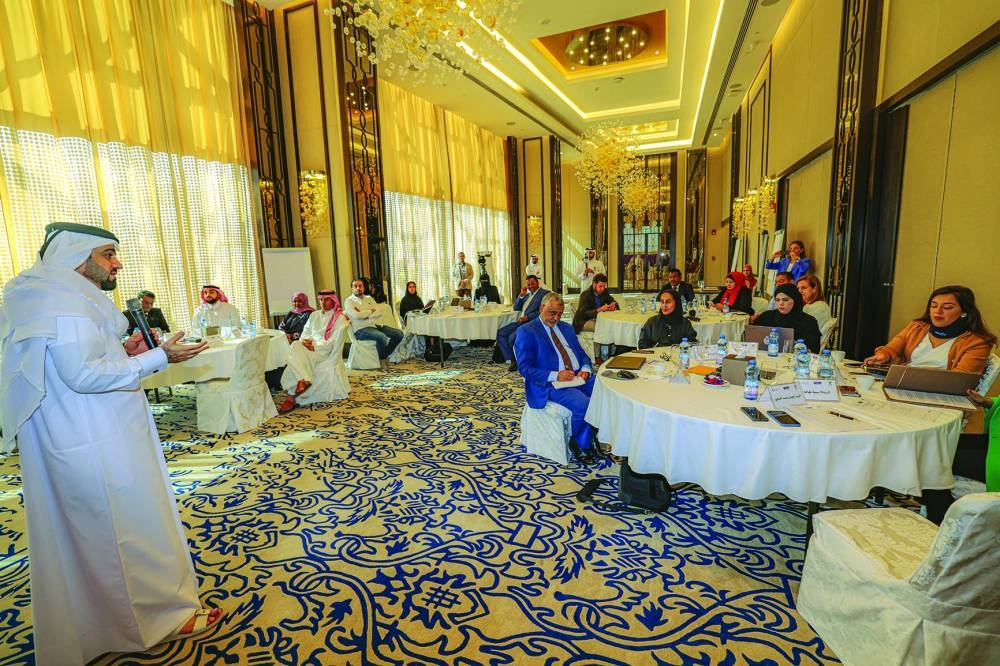Qatar Red Crescent Society (QRCS) opened an advanced regional workshop on 'Frontline Humanitarian Negotiation Management', co-organised by the International Committee of the Red Cross (ICRC) and the Geneva-based Centre of Competence on Humanitarian Negotiation (CCHN).
Announced open by Faisal Mohamed al-Emadi, acting secretary-general of QRCS; and Basma Tabaja, head of ICRC mission in Qatar, the ceremony was attended by Dr Mohamed Salah Ibrahim, director of Relief and International Development Division at QRCS; Yara Khawaja, Humanitarian Affairs Advisor at ICRC mission in Qatar, and humanitarian negotiation experts.
The four-day workshop is attended by representatives of Qatar’s Regulatory Authority for Charitable Activities, Qatar Fund for Development, Qatar Charity, the Saudi Red Crescent Authority, and Kuwait Red Crescent Society, as well as specialised personnel from QRCS’ headquarters and representation office in Somalia.
In his opening speech, al-Emadi said: “This workshop represents our continued commitment to strengthening our humanitarian negotiation capacity and enhancing regional co-operation with colleagues from various National Societies, as well as local and international partners."
He added: “Negotiation is a key everyday life skill for individuals, organisations, and communities. We believe that developing this skill will help overcome many of obstacles facing us as humanitarian providers. The mechanisms of humanitarian negotiation and misinformation control will enable us to deliver humanitarian assistance more effectively and meet the needs of more vulnerable people”.
Tabaja said: “Right now, our ICRC colleagues are conducting frontline negotiations in Gaza and many other places. Negotiation is crucial, and we at ICRC have numerous examples of this from past experience. It is necessary for everyone to pay attention to this area and realise why and when it is important. Sometimes, negotiation takes place at a checkpoint, in a meeting room, or with armed people. You may be negotiating to release prisoners. Negotiation can last for several weeks, just to be announced briefly in the news. It can be successful or not, but failure can have serious outcomes, especially when you know that many lives depend on you”.
The four-day workshop builds on the successful basic regional workshop on 'Frontline Humanitarian Negotiation Management', held October 3-5, 2022. It aims at enhancing the participants’ humanitarian negotiation training, planning, management, and practice skills, through case studies, group discussions, simulation, and the standard tools of CCHN.

